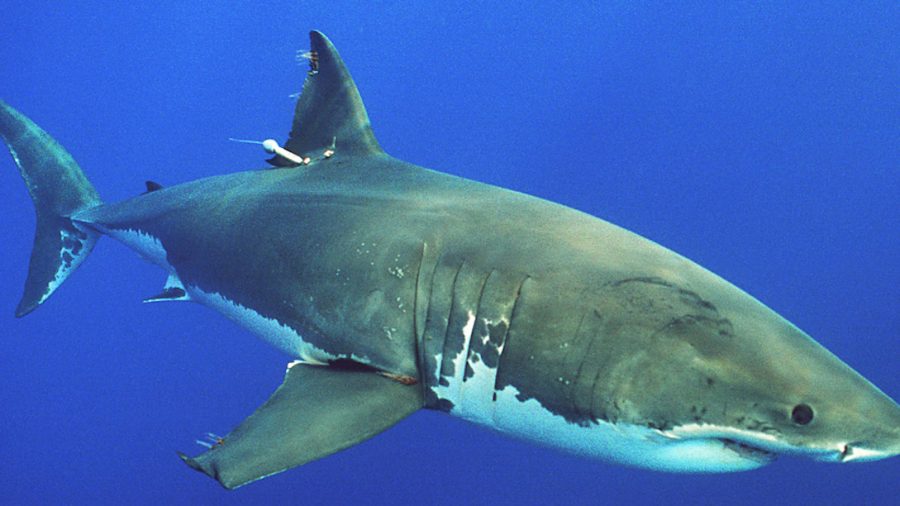A French tourist is still alive after losing both hands and suffering an extensive chest injury from a shark attack while visiting French Polynesia on Oct. 21.
The 35-year-old woman was attacked while she was swimming in French Polynesia. Her six-year-old son was present, according to The Times.
She was swimming in shallow waters while touring with a whale-watching excursion near the island of Mo’orea.
The predator was an oceanic whitetip shark. According to AFP, the tourist was accompanied by an experienced guide.
“Fortunately for her, there were two nurses on site and they were able to give her first aid. When we got to the hotel jetty, she was conscious but in critical condition. She had lost a lot of blood and both hands had been cut off at the forearms, along with part of her chest,” said firefighter Jean-Jacques Riveta.

The International Shark Attack File (ISAF) maintains the world’s only scientifically documented, comprehensive database of all known shark attacks.
The ISAF program director, Gavin Naylor, told Newsweek: “Shark attacks are generally very rare in French Polynesia—which is somewhat surprising to me because there are quite a few tourist operations in Moorea that lure sharks and rays into shallow water with food so that tourists can interact and snorkel with the animals.
“However the majority of sharks involved with these operations are the black tipped reef sharks (Carcharhinus melanopterus). These animals rarely get much larger than 5 or 6 feet long and are rarely responsible for any serious bites on humans.
“This sounds like a freak accident to me. The whale-watching/snorkeling tours off Moorea are generally run by very experienced guides. No bait is put in the water and the biggest concern is not to upset the whales.
“There are measures that can be taken to minimize the risk of shark bites in the inshore areas, like restricting operations that use bait to lure sharks into shallow water, but there is little that can be done to prevent these freak accidents associated with whale watching [from occurring.]”
Pierrick Seybald, president of the Ma’O Mana Foundation and local whale-watching guide said that sharks can be approached as long as “you always keep eye contact with the shark and adopt appropriate body language with guides who know how to redirect them.”


